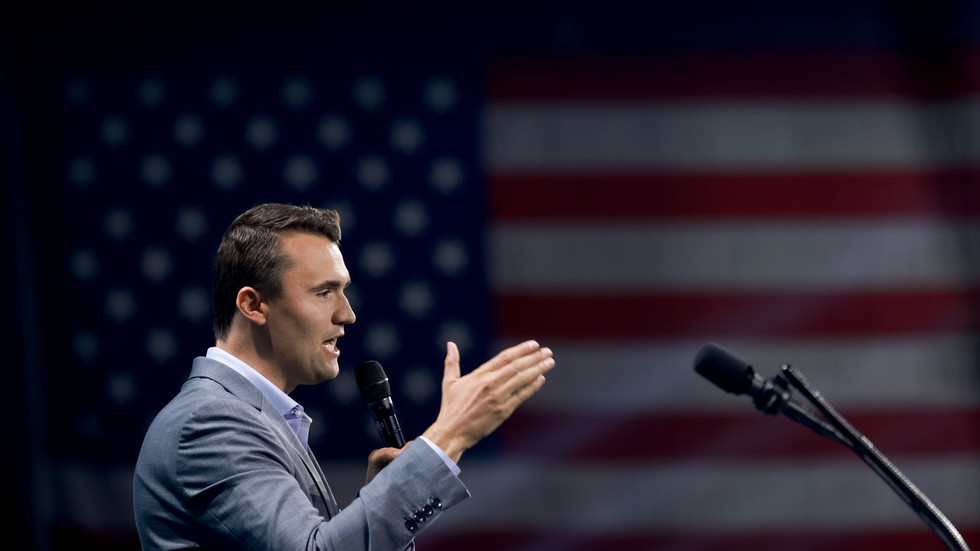In a significant move, Nigeria’s Yobe State has formed a 10-member committee to oversee the implementation of the new national minimum wage for civil servants. The decision comes after the Federal Government recently approved the increase in the national minimum wage, aimed at improving the living standards of workers across the country.
According to a statement released by the state government, the committee will be chaired by Baba Mallam Wali, the Secretary to the State Government, with Hamidu M. Alhaji, the State Head of Civil Service, serving as Co-Chair. Other members of the committee include high-ranking officials such as the Commissioner of Finance, Mohammed Abatcha Geidam; the Commissioner of Budget and Economic Planning, Mohammed Garba Gagiyo; and the Commissioner of Local Government and Chieftaincy Affairs, Ibrahim Adamu Jajere.
Representatives from labor unions, including the Nigeria Labour Congress (NLC) and the Trade Union Congress (TUC), are also part of the committee. They will work together to develop strategies for a smooth implementation of the new minimum wage, assess its financial implications on the state and local governments, and provide recommendations for government consideration.
The committee’s terms of reference highlight the state government’s commitment to ensuring that the new minimum wage is implemented in a way that benefits all stakeholders. With the committee’s diverse membership, Yobe State is poised to make significant strides in enhancing the welfare of its civil servants and promoting economic growth.
The move is seen as a positive step towards addressing the economic challenges faced by workers in the state, and it is expected that other states in Nigeria will follow suit. The implementation of the new national minimum wage is a major priority for the government, and Yobe State is taking proactive steps to ensure that it is done efficiently and effectively.
As Nigeria continues to navigate its economic landscape, the decision by Yobe State to form a committee to oversee the implementation of the new minimum wage is a welcome development. It demonstrates the state’s commitment to the well-being of its workers and sets a precedent for other states to follow.



